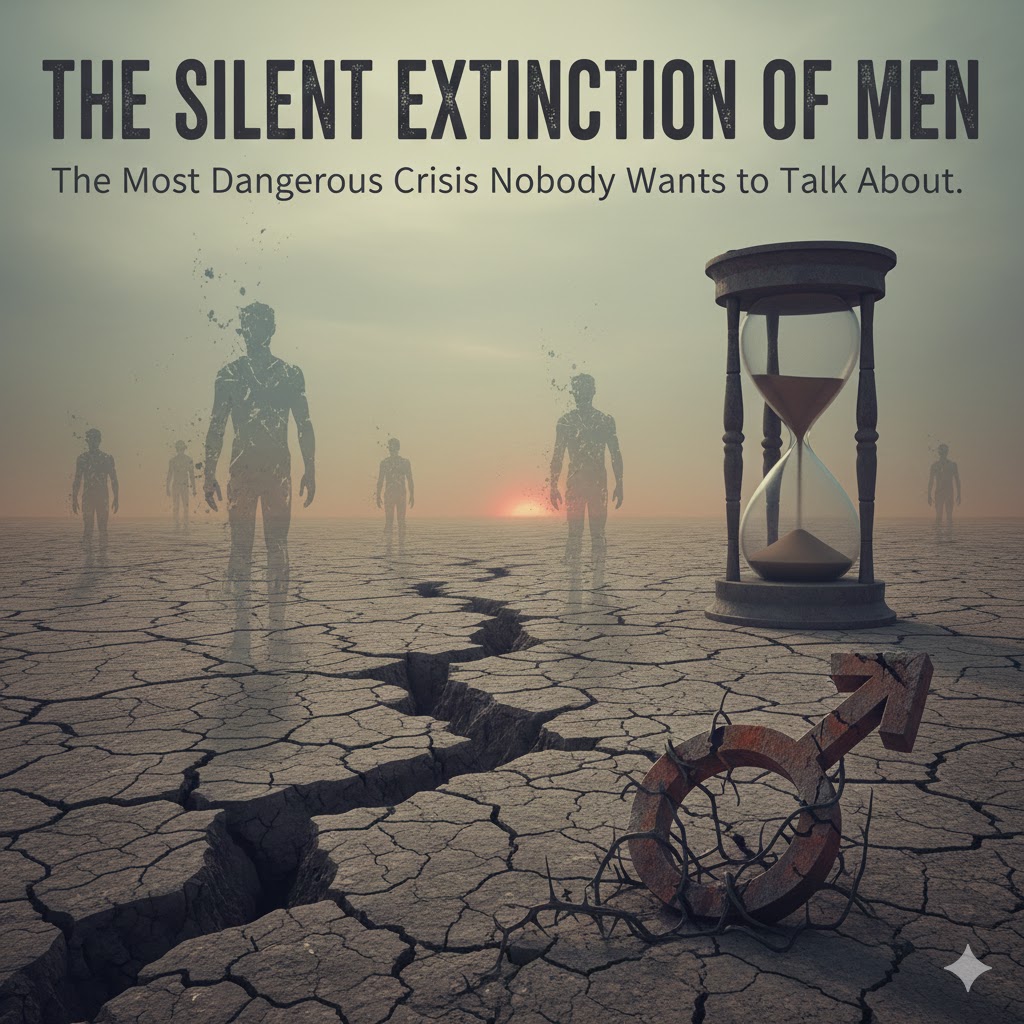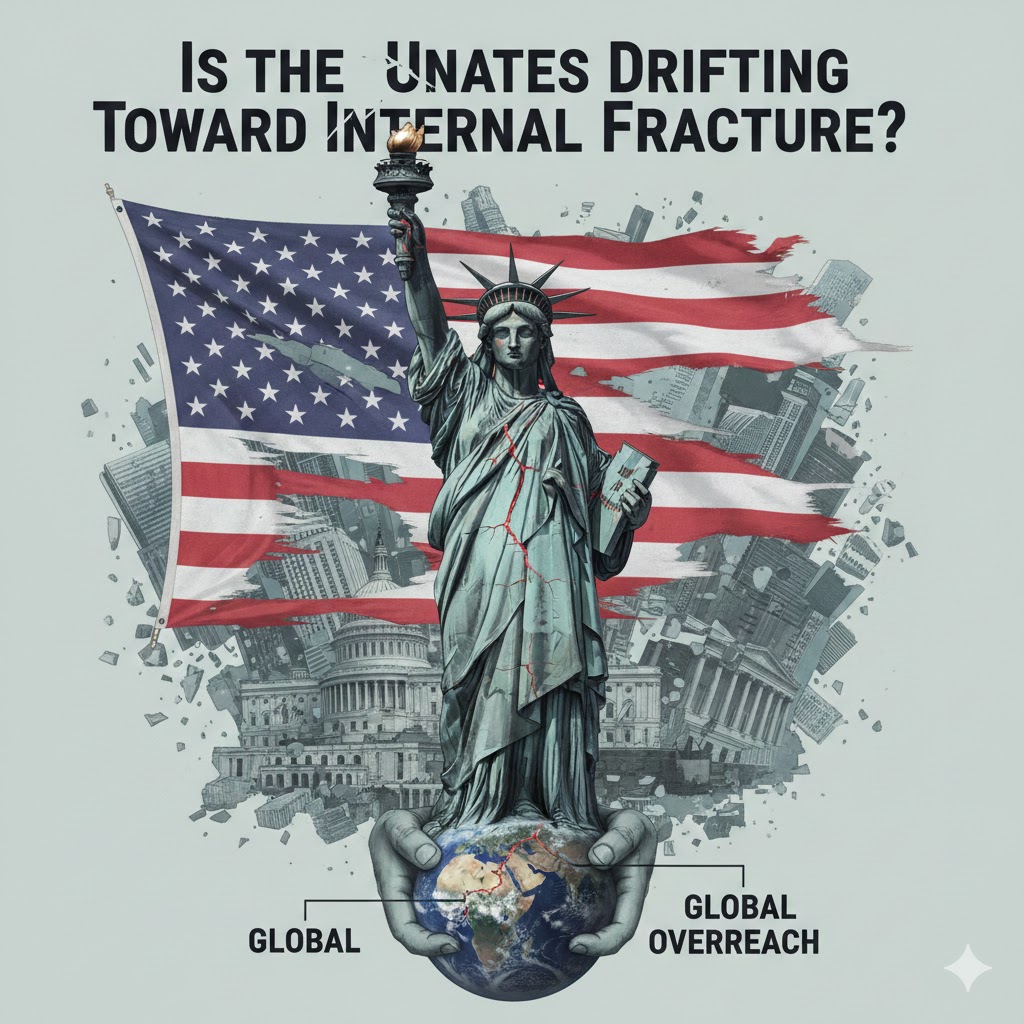Introduction
Islam, one of the world’s major religions, is often misunderstood and misrepresented. Several misconceptions about Islam have been propagated over time, leading to widespread ignorance and prejudice. This article aims to explore the biggest misconceptions about Islam, identify the origins of these falsehoods, and examine who benefits most from these distortions.
Major Misconceptions About Islam
1. Islam Promotes Violence and Terrorism
Misconception:
One of the most pervasive misconceptions is that Islam inherently promotes violence and terrorism. This belief is often fueled by media coverage of extremist groups who falsely claim to represent Islam.
Truth:
Islam, like all major religions, advocates peace and condemns violence. The Quran explicitly states, “Whoever kills a soul unless for a soul or for corruption [done] in the land – it is as if he had slain mankind entirely. And whoever saves one – it is as if he had saved mankind entirely.” (Surah Al-Ma’idah 5:32).
Origin:
This misconception gained prominence post-9/11, largely due to the actions of extremist groups like Al-Qaeda and ISIS. These groups have twisted Islamic teachings to justify their political agendas, leading to widespread fear and misunderstanding.
Beneficiaries:
- Extremist groups benefit by recruiting followers who are misled into believing their distorted interpretation of Islam.
- Political leaders and parties in Western countries use this misconception to justify military interventions in Muslim-majority regions and to gain support for stringent security measures.
2. Islam Oppresses Women
Misconception:
Another common misconception is that Islam oppresses women, restricting their rights and freedoms.
Truth:
Islam grants women numerous rights and protections, including the right to education, work, and inheritance. The Quran states, “And for women is a share of what they have earned and for men is a share of what they have earned.” (Surah An-Nisa 4:32).
Origin:
This misconception often arises from cultural practices in some Muslim-majority countries that do not align with Islamic teachings. Additionally, selective interpretation of Islamic texts by patriarchal societies contributes to this false narrative.
Beneficiaries:
- Patriarchal societies benefit by maintaining control over women and justifying their actions through misinterpretation of religious texts.
- Islamophobic entities use this misconception to depict Islam negatively and to argue against the religion’s acceptance in Western societies.
3. Muslims Are Intolerant of Other Religions
Misconception:
There is a widespread belief that Muslims are intolerant of other religions and seek to impose their beliefs on others.
Truth:
Islam promotes religious tolerance and coexistence. The Quran states, “There shall be no compulsion in [acceptance of] the religion. The right course has become clear from the wrong.” (Surah Al-Baqarah 2:256).
Origin:
This misconception is often fueled by the actions of a minority of extremists who persecute religious minorities, as well as by historical conflicts that have been misrepresented.
Beneficiaries:
- Extremist groups benefit by fostering division and conflict, which they exploit to further their own agendas.
- Anti-Islamic propagandists use this misconception to create fear and justify discriminatory policies against Muslims.
4. Islam Is Anti-Modern and Anti-Progressive
Misconception:
Many believe that Islam is opposed to modernity and progress, viewing it as a backward religion that rejects scientific and technological advancements.
Truth:
Islam has a rich history of scientific and intellectual contributions. The Golden Age of Islam saw significant advancements in fields such as mathematics, astronomy, medicine, and philosophy. The Quran encourages the pursuit of knowledge: “Say, ‘Are those who know equal to those who do not know?’ Only they will remember [who are] people of understanding.” (Surah Az-Zumar 39:9).
Origin:
This misconception often stems from the decline of scientific achievements in the Muslim world in recent centuries and the portrayal of Muslim-majority countries as underdeveloped in the media.
Beneficiaries:
- Islamophobic individuals and groups use this misconception to argue against the integration of Muslims in Western societies.
- Political leaders in Western countries benefit by promoting the idea of cultural superiority and justifying interventions in Muslim-majority regions under the guise of promoting modernization.
Origins of Misconceptions
Historical Context:
Many misconceptions about Islam have historical roots in the conflicts between the Islamic world and the West, such as the Crusades and colonialism. These events created deep-seated biases and misunderstandings.
Media Representation:
Modern media often portrays Islam and Muslims in a negative light, focusing on extremist actions while ignoring the peaceful practices of the vast majority of Muslims. This selective coverage reinforces stereotypes and misconceptions.
Political Propaganda:
Political leaders and parties often use Islamophobic rhetoric to gain support and justify their policies. By portraying Islam as a threat, they can rally voters and legitimize actions against Muslim-majority countries.
Beneficiaries of Misconceptions
1. Extremist Groups
Extremist groups like ISIS and Al-Qaeda benefit from these misconceptions by attracting individuals who believe their distorted version of Islam. These groups exploit the ignorance and fear created by these misconceptions to further their own agendas.
2. Political Leaders and Parties
Political leaders, particularly in Western countries, use Islamophobic rhetoric to gain support for their policies. By portraying Islam as a threat, they can justify military interventions, surveillance measures, and discriminatory policies against Muslims.
3. Media Outlets
Media outlets benefit from sensationalizing stories about Islam and Muslims. Fear-mongering and negative portrayals attract viewers and readers, increasing ratings and profits.
4. Islamophobic Organizations
Various organizations and individuals profit from spreading Islamophobic narratives. They receive funding and support from like-minded individuals and groups, and they often use these funds to further their agenda through campaigns, publications, and lobbying efforts.
Conclusion
Misconceptions about Islam are pervasive and damaging, fueled by historical conflicts, media representation, and political propaganda. These falsehoods benefit extremist groups, political leaders, media outlets, and Islamophobic organizations, all of whom exploit these misconceptions for their own gain. It is crucial to address and dispel these myths through education, interfaith dialogue, and accurate representation of Islam and its teachings. By understanding and challenging these misconceptions, we can promote a more informed and inclusive society.








